Find out how different Indian states celebrate Makar Sankranti
Makar Sankranti is here, the festival of kites and till chikkis. Unlike the other festivals we are all set to compete in the air with our colorful kites, the shouting from the neighborhood adds the excitement along with the yummy sesame delicacies; and all these happens on the top of your house. With the start of the year the count down of the festival begins with very little know how about why it is being celebrated.
Interestingly very few of us know the core of the festival lies in the celebration of new crop. January is actually a harvesting season of India and celebrated throughout India, popularly know as Makar Sankranti. This festival have got different names from Kanyakumari to Kashmir, and Assam to Gujarat. As it is a harvest festival, comes out of it is bonfire and sesame delicacies and the excitement to cut the crops.
Here is how Makar Sankranti is being celebrated in different part of India.
In Assam,the festival is celebrated as MaghBihu:

Source : blog.onlineprasad.com (bihu)
During the festival period youngsters create makeshift huts from bamboo, leaves and hay known as “Meji”. In that they eat the feast and burn the huts very next morning. Traditional games like TakeliBhonga and buffalo fighting are also the way of celebration. Cakes of rice with various names such as ShungaPitha, TilPithaetc.And some other sweets of coconut called Laru are the delicacies prepared during the festival.Earlier, the festival was a month long celebration throughtout Magh.
In Uttar Pradesh and Bihar the festival is known as Khichdi
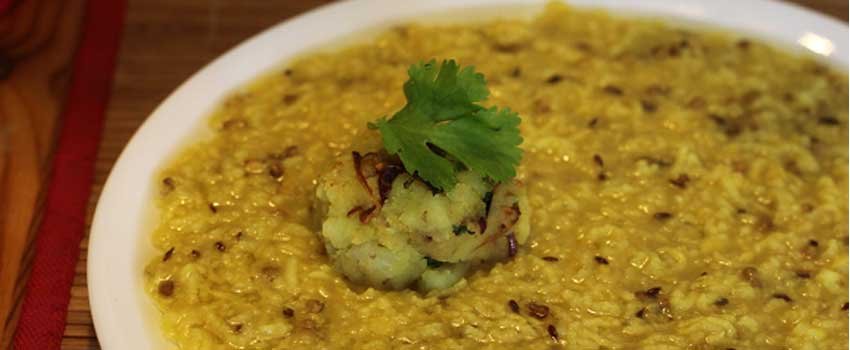
Source : www.foxnews24x7.com
The name”Khichri”derived from the offerings, the celebration on this part of India is done by delightful offerings and exchange of rice and lentil mix khchri.
Makar Sankranti aka Pongal in Andhra Pradesh and Tamil:
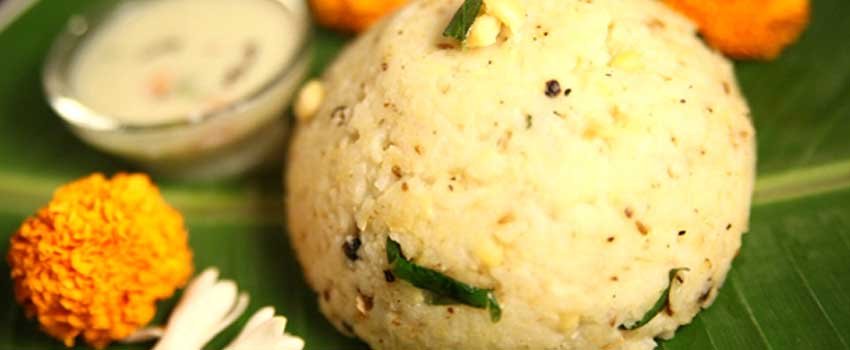
Source : www.indiafoodnetwork.in
Day 1 Bhogi: People destroy old clothes and materials, by setting them on fire;the belief says it is the end of old and the emergence of the new.
Day 2 – Thai Pongal:On this day people boils rice with fresh milk, jaggery, brown sugar, cashew nuts and raisins in new pots and allows it to boil over the vessel. Then thanks giving to the Sun (god).People visit each other and exchange greetings.The festival has derived its name from above mention tradition. In Tamil, the root pong or pongu means to “boil over” or “spill over”.
Day 3 – MaattuPongal:Farmers decorate theirbulls with paint, flowers and bells, and feed them sweet rice and sugar cane.
Day 4 – KaanumPongal: Thewordkaanum means “to view” on this day people visit their relatives, friends to thank them and to enjoy the festival.
In Rajasthan, Madhya Pradesh, Maharashtra,Chhattisgarh, Goa, Haryana, Bihar, Jharkhand,Sikkim, and Uttarakhand, the festival is known as MakarSankranti:
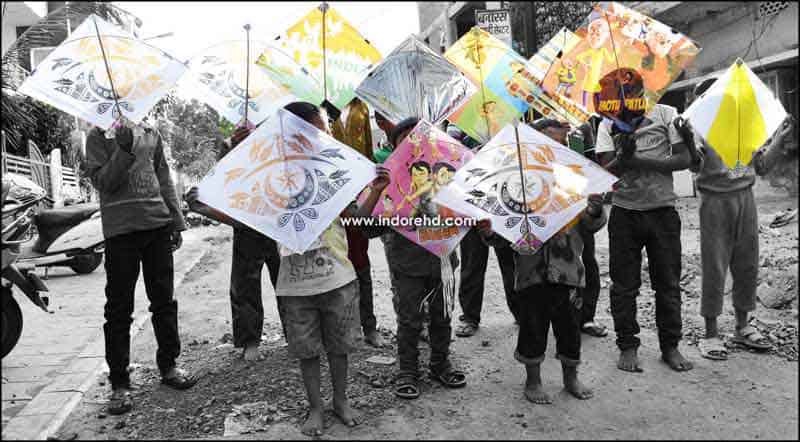
Wondering why it is called makar sankranti?
MakarSankranti can be termed as a symbol of culture and livelihood.“Sankranti” word means “Entering”, and “Makar” is a “Zodiac sign” (Capricorn),on this day the Sun begins to rise in the Makar Rashi.MakarSankranti is the only Hindu festival which occurs on the same date every year.
Inviting married women at home for Haldi- kumkum is the famousritual of Madhya Pradesh. The woman of the house gives them a gift of any new utensil etc.Which she has purchased.
In Maharashtra, they greet people with famous Marathi saying ’tilgulghya, god god bola’, this means have these tilguls and speak sweet.
In Gujarat the festival is known as Uttarayan:
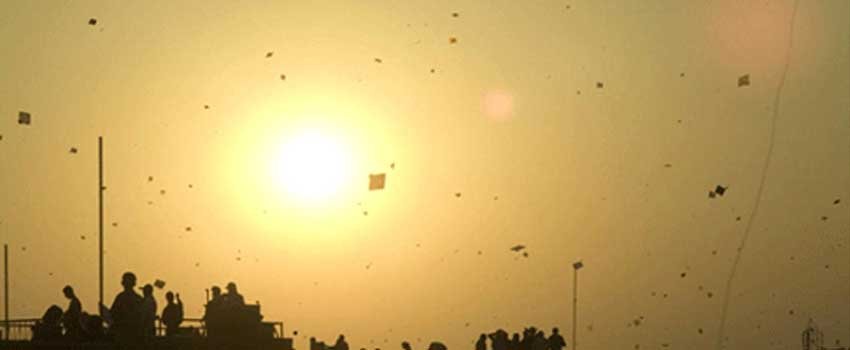
Source: http://4.bp.blogspot.com
Uttarayan the day on which Sun begins its northward journey. We can say that it is a kite festival here predominantly; whole of the sky is filled with the colorful kites. In Ahmedabad an International Kite Festival is organised & Various kite competitions are organised throughout Gujarat. It is said that flying kite is the way of showing respect and worshiping god Sun. On this day “Undhiyu” which is a mixed vegetable dish is prepared in almost every home. Flying Kite in early hours of the day is beneficial for human body. It is believed that the bad bacteria on their bodies would be cleared to a certain extent.
Suggi” festival in Karnataka
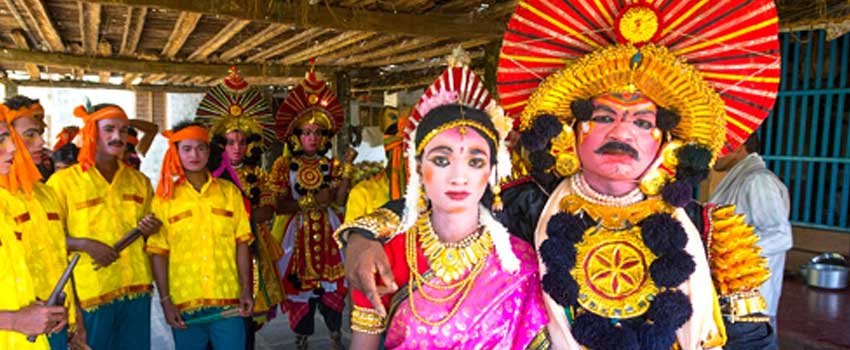
Source : www.dineshmaneer.com
On this day the young female wears new clothes and visit friends and exchange plates filled with “Ellu Bella” delicacies.ElluBella “ellu” means white sesame seeds, and “Bella” means jaggery. There is a famous saying in kannada “ellubellathinduollemaathadi” which translates to ‘eat the mixture of sesame seeds and jaggery and speak only good.’
In ORISSA
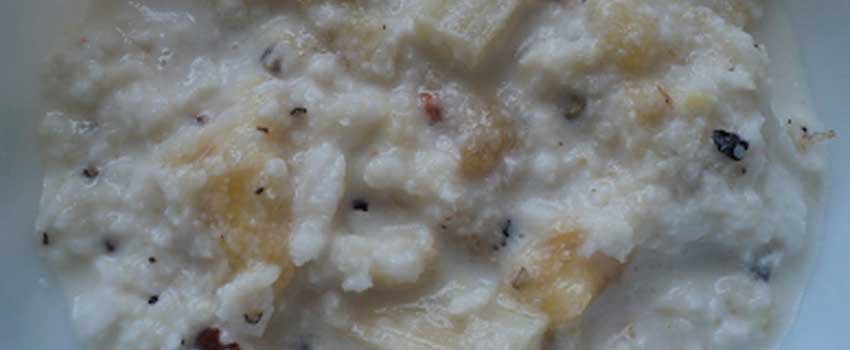
Source : authenticoriyafood-oriyarasoi.blogspot.com
Traditional “Makarchaula” which is a pudding prepared with uncooked newly harvested rice, banana, coconut, jaggery, sesame, rasagola, khoi and chhena for serving as naivedya to god. During this period “MakarMela” is also observed at Dhabaleswar in Cuttack, Hatakeshwar at Atri in Puri, Makar Muni temple in Balasore and near various deities in each district of Orissa. At the temple of Lord Jagannath the festival is observed as “UttarayanaYatra”.
“PoushSankranti” in WEST BENGAL
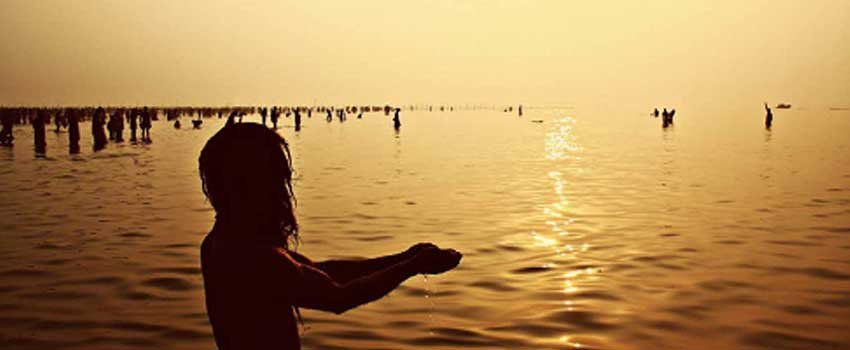
Source : www.ftd.travel
Sankranti is also known as PoushSankranti, named after the Bengali month in which it falls. It is a three day festival, during the period variety of traditional Bengali sweets, are prepared using freshly harvested paddy and date palm syrup in the form of KhejurerGur. The “Gangasagar” religious fair is setup at this point of time; people take a dip and offer water to sun. As it is believed that by taking a dip, your sins will be cleansed and one can attain salvation.
In KERALA, It is known as Makaravilakku
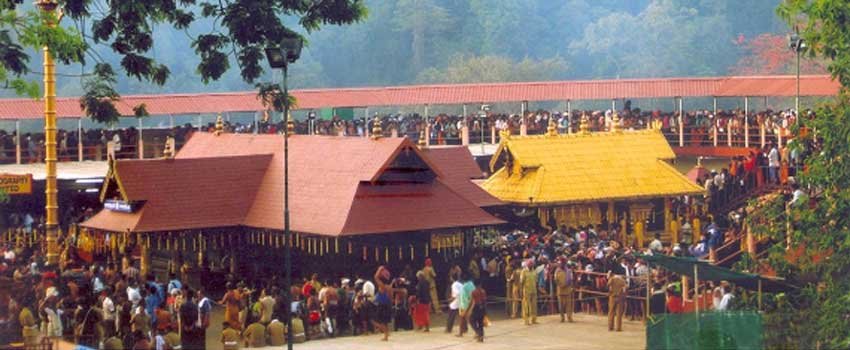
Source : sreesabarisan.blogspot.com
In Kerala Makar Sankranti is celebrated at Sabarimala temple as the Makara Jyothi is visible followed by the Makaravilakku celebrations.SabarimalaSreeAyyappa temple is one of the most ancient temples of the country. Located in the Western Ghat mountain ranges of Pathanamthitta district in Kerala.
In North India, the festival is known as Lohri
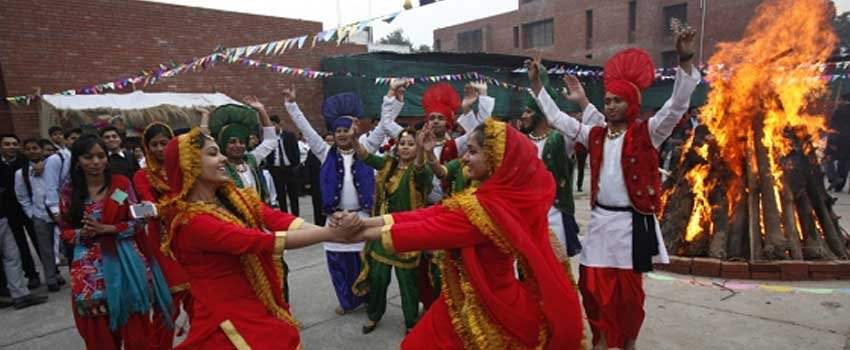
Source : www.ibtimes.co.in
Lohri, is although celebrated on 13 January every year, it is also the festival celebrated for expressing happiness of new crop. Bonfires are lit in the evening, in harvested fields or in the front of houses and people in their traditional outfits gather around the rising flames, circle around the bonfire and throw puffed rice, popcorn and other munchies into the fire. It is believed that people throw all their negativity in the fire. Celebration followed by greetings, gifts, Prasad and Bhangra. On very next day Maghi has been celebrated with taking a dip in river in early hours of day.


